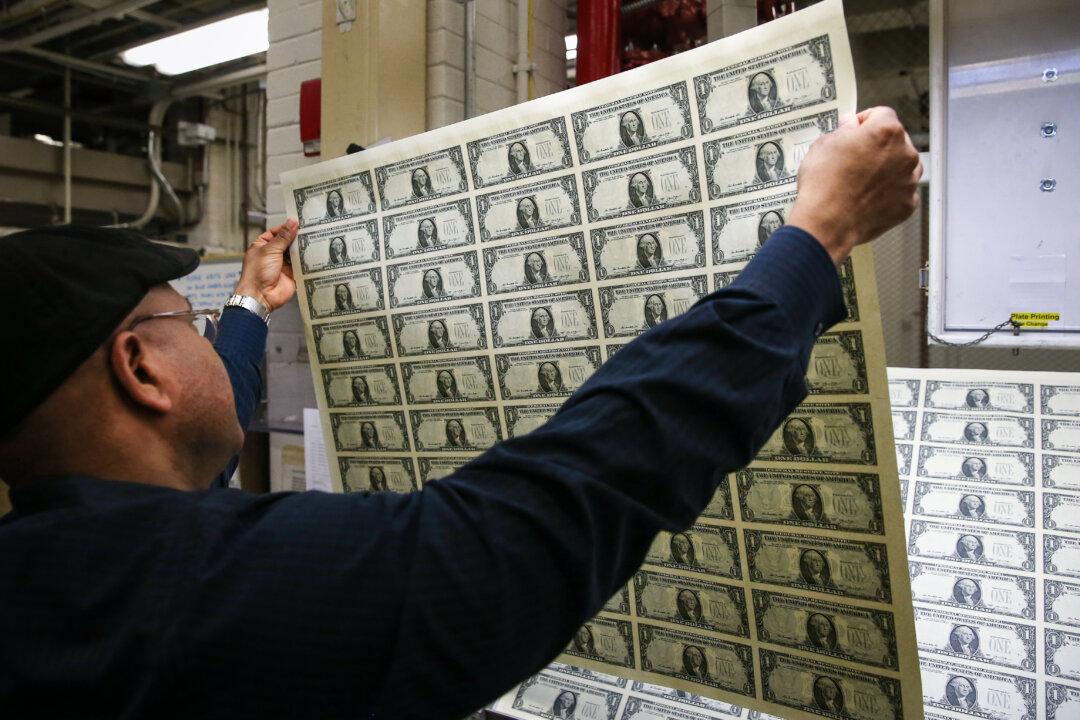As the Senate passed its own version of the “One Big Beautiful” budget bill, the effect of tax and spending cuts in the House version has led the Congressional Budget Office to project a $2.4 trillion increase in the federal deficit by 2034.
While there is debate among economists regarding these figures and whether tax cuts could increase government revenue by sparking higher growth, some have suggested that the apparent indifference toward deficits in pending budget legislation is reminiscent of modern monetary theory (MMT), which argues that deficits are not inherently a problem, and which found support with many Democrats in their efforts to spend trillions on climate and social justice programs.





